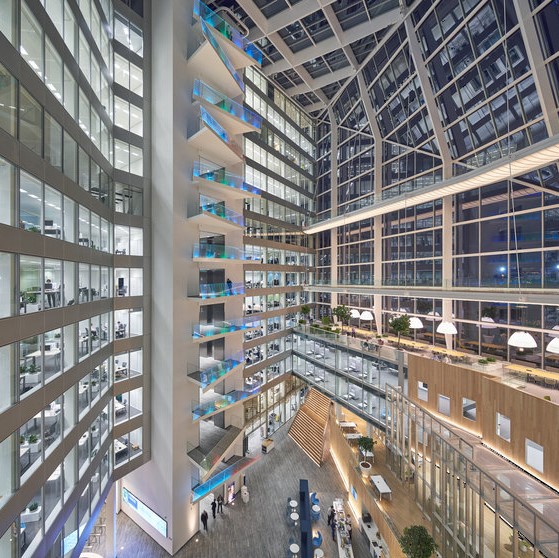To provide the best experiences, we use technologies like cookies to store and/or access device information. Consenting to these technologies will allow us to process data such as browsing behaviour or unique IDs on this site. Not consenting or withdrawing consent, may adversely affect certain features and functions.
The technical storage or access is strictly necessary for the legitimate purpose of enabling the use of a specific service explicitly requested by the subscriber or user, or for the sole purpose of carrying out the transmission of a communication over an electronic communications network.
The technical storage or access is necessary for the legitimate purpose of storing preferences that are not requested by the subscriber or user.
The technical storage or access that is used exclusively for statistical purposes.
The technical storage or access that is used exclusively for anonymous statistical purposes. Without a subpoena, voluntary compliance on the part of your Internet Service Provider, or additional records from a third party, information stored or retrieved for this purpose alone cannot usually be used to identify you.
The technical storage or access is required to create user profiles to send advertising, or to track the user on a website or across several websites for similar marketing purposes.
 Global spending on smart cities will reach $189.5 billion in 2023, according to the latest IDC Worldwide Semiannual Smart Cities Spending Guide. The report claims that the main priorities for investment will be resilient energy and infrastructure projects, followed by data-driven public safety and intelligent transport. It suggests that these priority areas will account for more than half of all smart city spending throughout the 2019-2023 forecast period. The guide claims to quantify the expected technology opportunity around initiatives at a regional and global level. (more…)
Global spending on smart cities will reach $189.5 billion in 2023, according to the latest IDC Worldwide Semiannual Smart Cities Spending Guide. The report claims that the main priorities for investment will be resilient energy and infrastructure projects, followed by data-driven public safety and intelligent transport. It suggests that these priority areas will account for more than half of all smart city spending throughout the 2019-2023 forecast period. The guide claims to quantify the expected technology opportunity around initiatives at a regional and global level. (more…)










 A significant proportion of the global population is concerned about the use of artificial intelligence (AI), with scepticism about its use by business greater than its use by government, a poll published by the
A significant proportion of the global population is concerned about the use of artificial intelligence (AI), with scepticism about its use by business greater than its use by government, a poll published by the
 The use of technology to support communication and collaborative working in an increasingly digital and flexible world is something many of us recognise. However, a global study released today by
The use of technology to support communication and collaborative working in an increasingly digital and flexible world is something many of us recognise. However, a global study released today by 


 Many larger businesses are struggling to implement digital transformation in spite of the dangers to their long term survival, a new joint report from CBI and Oracle claims. According to
Many larger businesses are struggling to implement digital transformation in spite of the dangers to their long term survival, a new joint report from CBI and Oracle claims. According to 



 UK SMEs are losing out to big tech in the battle to recruit top tech talent, according to Robert Half UK’s new report,
UK SMEs are losing out to big tech in the battle to recruit top tech talent, according to Robert Half UK’s new report, 
 A majority of European workers (57 percent) believe that technology will help to bring about a four day week in the near future as it improves their productivity and efficiency, according to
A majority of European workers (57 percent) believe that technology will help to bring about a four day week in the near future as it improves their productivity and efficiency, according to 








July 3, 2019
Getting a sense of productivity and motivation
by Jeff Revoy • Comment, Technology, Wellbeing, Workplace design